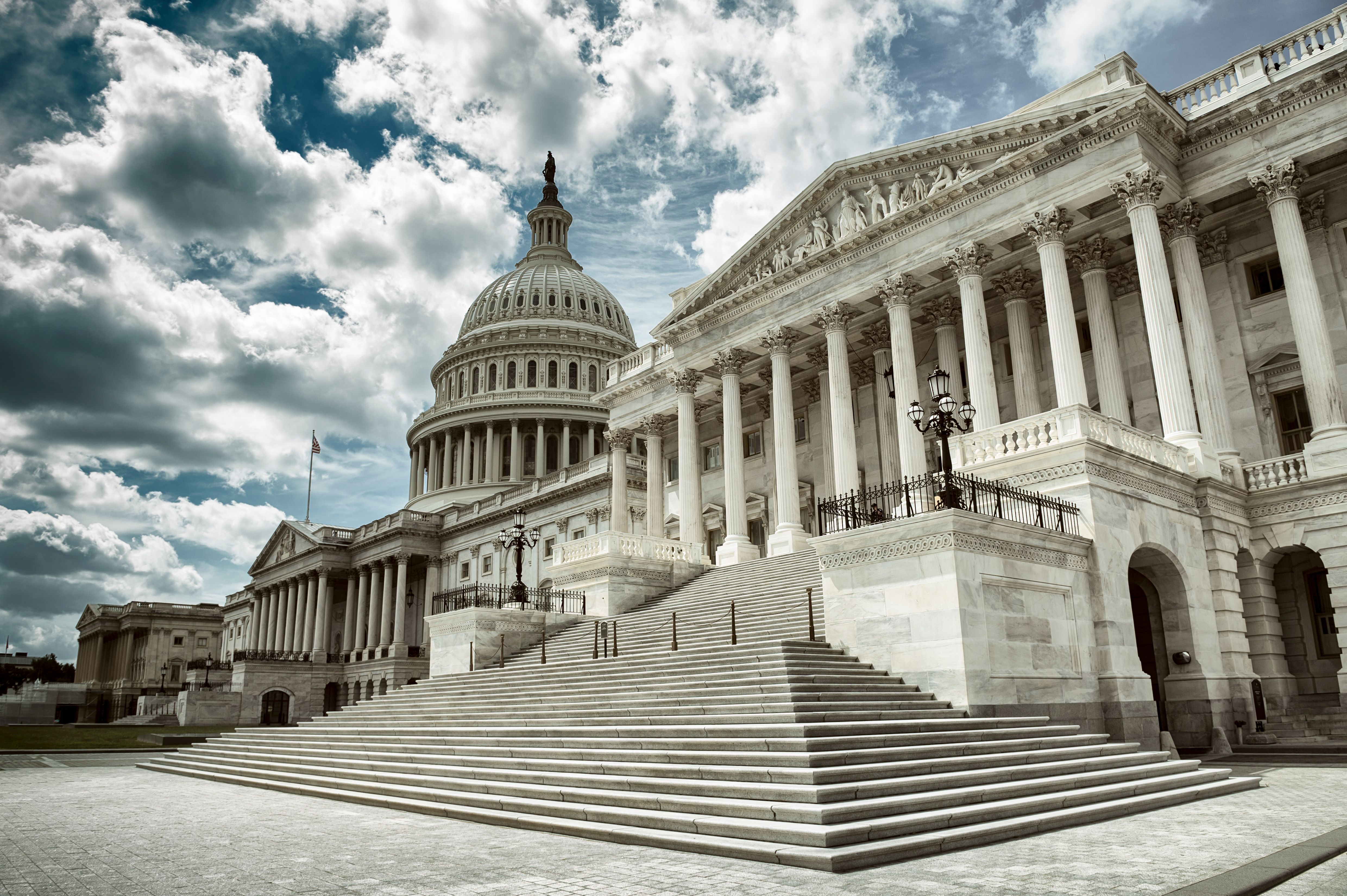Congress, CMS Must Take Action to Mitigate Impact of ‘DIR Hangover’
A Q&A with Douglas Hoey, CEO of NCPA, on how the new provision from CMS requiring DIR fees at the point of sale is impacting independent pharmacies in 2024.
On January 1, a new provision from the Centers for Medicare and Medicaid Services (CMS) took effect that requires all direct and indirect remuneration (DIR) fees be applied at the point of sale. The rule aimed to bring more transparency to the industry, but many feared it would result in a cash crunch for pharmacies. It turns out these fears were not unfounded.
The “DIR hangover” is impacting independent pharmacies / lazyllama - stock.adobe.com

In a poll conducted by the National Community Pharmacists Association (NCPA) assessing how the “DIR hangover” has impacted independent pharmacies so far in 2024, 99% of respondents said that their prescription reimbursements have gone down since the rule took effect and 32% said they may close their doors this year to do a lack of cash.1
Douglas Hoey, CEO of NCPA, sat down with Drug Topics at the American Associated Pharmacies (AAP) Annual Conference, held April 4 to 6 in San Diego, California,to discuss the results of the poll.
Drug Topics: NCPA conducted a poll on the DIR hangover. Can you discuss some of the important results?
Douglas Hoey: [There were] some really interesting results from this member poll. One of them was [that] they were asked which of the PBMs is causing the most strife for them. And far and away, it was Express Scripts, which I think will surprise very few pharmacies this year. Forty-seven percent of the respondents said that Express Scripts was the worst of the worst, followed by 35% from the always odds on favorite, CVS Caremark. And we're hearing that from members, that Express Scripts and their cohort Prime are definitely causing the most pain for independent pharmacies.
Another interesting result from the survey was, we asked them…based on their 2024 experience, how likely are they to participate in Medicare Part D in 2025? Ninety-three percent of pharmacies said they will question whether or not to participate in Part D in 2025 based on their 2024 experience. That is striking, because for the average independent [pharmacy], 36% of their business comes from Medicare. So, it's a huge decision if they choose not to participate in Medicare.
READ MORE: Independent Pharmacies Continue to Face Financial Hardships as the Clock Ticks on PBM Reform
But the other thing is that, even if a fraction of that 93% made the individual decision not to participate in Medicare in 2025, it would be devastating to the program and millions of patients would either have to find another pharmacy, or they would have to perhaps even do without health care. I think that’s the position that the PBMs have put pharmacies in. They may be willing to walk away from a third of their business because of the payment terms that they've had in 2024.
Drug Topics: How can congress and CMS take action on mitigating the impact of the DIR hangover on pharmacies?
Hoey: There are lots of ways for Congress and CMS to take action, and we're a little frustrated that Congress and CMS have sat on their hands instead of doing something. Especially this year, where it's very dire as far as…patients not having access to pharmacies.
One of the things that Congress can do is they can pass PBM reform legislation that is pro-consumer [and] pro-pharmacy. There's really two pieces of it that we've been advocating for. One is on Medicaid reform. I mentioned Medicare is 36% of the average independent [pharmacies] business. Medicaid is 15% of the average independent [pharmacies] business. What Congress can do is to pass NADAC-plus, a cost plus, transparent reimbursement formula that has been rated or analyzed to save over a billion dollars…By the way, the plus is decided by the state and what we've seen from states is that it's typically between $9 and $13 to cover the cost to dispense the drug. If Congress would pass that, they would save the country’s taxpayers a billion dollars. So far, they've sat on their hands.
The other thing they could do is on the Medicare side. They could require that the contracts be reasonable and relevant. Those are important terms, reasonable and relevant, because we don't think anyone would say a contract that's paying the pharmacy below its acquisition costs—its cost to acquire the drug—is either reasonable or relevant. With this legislation, there would actually be an entity to referee what is reasonable and relevant. And again, Congress has sat on its hands. CMS has also sat on its hands. We believe CMS has the authority right now to referee reasonable and relevant. They don't agree with that, but we think it's clear that they do.
So, there's a lot that our elected officials and our taxpayer funded agencies should be doing to help patients and small business pharmacies, and so far, they're not. But we think there's hope there.
READ MORE: Virginia Governor Vetoes Bill for Lower Prescription Drug Costs
Reference
1. Local Pharmacies on the Brink, New Survey Reveals. News Release. NCPA. February 27, 2024. Accessed April 17, 2024. https://ncpa.org/newsroom/news-releases/2024/02/27/local-pharmacies-brink-new-survey-reveals
Q&A: Pharmacist-Led Diabetes Management Transforms Patient Care and Clinical Outcomes
June 28th 2025An ambulatory care pharmacist program in Washington State dramatically improved diabetes management by reducing A1c levels, increasing medication adherence, and providing comprehensive patient education.